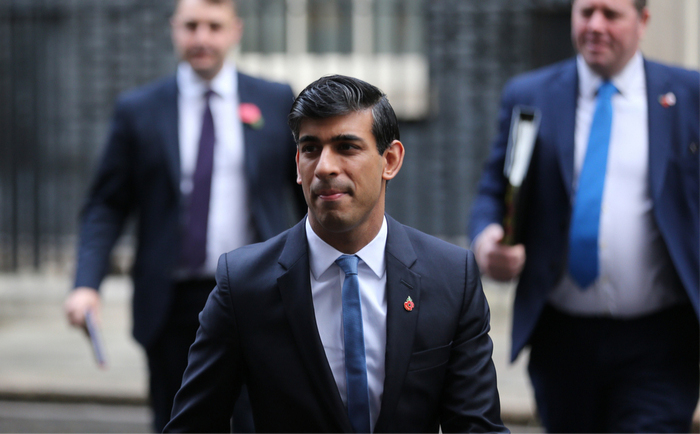Chancellor Rishi Sunak’s paper out this week, Greening Finance: A Roadmap to Sustainable Investing, may seem like it’s all about investors. But there are also big warnings for boards, not least their plans for addressing climate change.
The paper pushes the message that investment products must in future set out—for the first time—”the environmental impact of the activity it finances”. Meanwhile, as part of the chancellor’s drive for new Sustainability Disclosure Requirements, asset managers will need to publish how sustainability is incorporated into their investment strategies.
So far so green. The implications for investee companies is that they will need to have a solid environmental story to tell investment managers.
The warning for boards that they must now focus on their “transition plans”. These plans, the Treasury report says, can “support markets in monitoring progress towards a net-zero economy” so boards can be held to account by investors or fund managers. And then the payoff: “The government therefore expects to see publication of the transition plans become the norm across the economy.”
Transition plans and regulation
Transition plans made international headlines earlier this year when energy giant Shell managed to push its plan through a shareholder vote with 88% approval, but was then told by a Dutch court that it must be amended to move faster. An appeal is pending but the episode highlights how transition plans can quickly become a reputational issue.
Not everyone has to jump yet. The UK government will, it says, initially require disclosure of transition plans from “certain companies”. But, it adds: “As standard for transition plans emerge, the government and regulators will look to incorporate these into UK regulation and strengths disclosure requirements as appropriate.” Another piece of environment-focused reporting is coming.
The Task Force on Climate-related Financial Disclosures (TCFD), says: “Organisations’ transition plans are of particular interest to users, especially when they are seeking to verify the credibility of organisations’ commitments related to climate change.”
Alan Jope, Unilever’s chief executive, says putting the company’s transition plan to a shareholder vote was designed to build confidence among investors.
Reflecting on the disclosure plan, the chancellor said it would give the UK an opportunity to “set new global standards for sustainability”. “We want sustainability to be a key component of investment decisions, and our plans will arm investors with the right information to make more environmentally-led decisions.”
However, the UK is not the only jurisdiction moving on ESG reporting. Under President Joe Biden the US is consulting on the introduction of mandatory ESG disclosures, with many asset managers arguing for the TCFD framework. In Brussels, work is well under way on the Corporate Sustainability Reporting directive which should harmonise ESG reporting at companies across all member states.
TCFD reporting is in the process of becoming obligatory for UK listed companies. They should place transition plans on their to-do list ahead of those becoming mandatory too.





